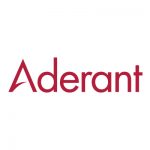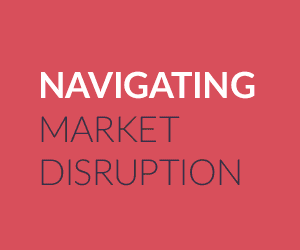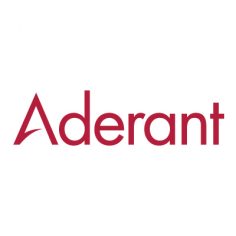The status quo paradox: Aderant on why firms implementing change shouldn’t relax into complacency
The 2018 Aderant Business of law and legal technology survey finds that over half (57%) of business services roles feel “better” – some “much better” – about their law firms than they did just 12 months earlier. It’s undisputed good news – especially as just 36% said the same back in 2017.
However, firms that are finding conditions more favourable mustn’t risk relaxing into uncompetitive complacency. Inaction now may cost them, says Eric-Jan van Alten, EMEA sales director at Aderant. “Many firms find themselves at a crossroads today. They’ve already seen a lot of change pushed onto them. Now they need to decide whether to press ahead with further transformation in different respects – to push past the status quo. Those that don’t may be at risk.”
Unfortunately, change itself all too often feels like the greater business risk. “Some use external change as an opportunity to change with it, some are more or less in denial, but others see it as a real threat,” he says. “Law firms are traditionally conservative businesses, which is understandable. Lawyers have been trained from the outset to be risk-averse in their decision-making. But our message is that firms must become more comfortable with feeling uncomfortable.”
Operation efficiency
In time, perhaps the rise of certain ‘non lawyers’ to positions of greater power in the partnership may make a difference to the prevailing appetite for change. CIOs, COOs, and heads of growing business disciplines such as pricing and innovation, are all increasing their influence.
For the moment, however, Aderant’s research found effective pricing was the biggest operational challenge facing firms – equalled only by the fast-changing sphere of risk management in the face of sophisticated cyberattacks.
Thereafter, it’s “technology adoption” and “operational efficiency”. The one, of course, can help to drive the other – and it’s here, says van Alten, that the most immediate opportunities lie.
“It has been a theme for a long time now, but a key area for potential improvement is the WIP-to-cash cycle. Billing, for example, is one of a firm’s most unnecessarily time-consuming operational activities. Many still conduct their billing process on paper, and by digitising they could save entire days.”
With the status quo, the simplest bill to process – which could be the fastest – takes as much time as the slowest, he says. It’s easy to see how automating aspects of that procedure would lead to faster categorisation, and therefore more efficient collection of cash.
Back and front
Automation can also be applied to variables such as outside counsel guidelines. Programme them into the billing system, and you can efficiently anticipate compliance problems instead of waiting for bills to bounce back.
And there are further gains to be made at the ‘front end’ of fee-earner productivity. With agile working, for example, a lawyer can both capture billable time and initiate billing on the move, instead of back in the office. “Mobile devices can give instant access to a full range of business intelligence, matter forecasting and even pricing tools,” says van Alten. “These were once for finance teams, but are now offering lawyers elements of self-service.”
This article appears in Briefing magazine: To read the full article, download your copy of Briefing July/August: In-house special here.



